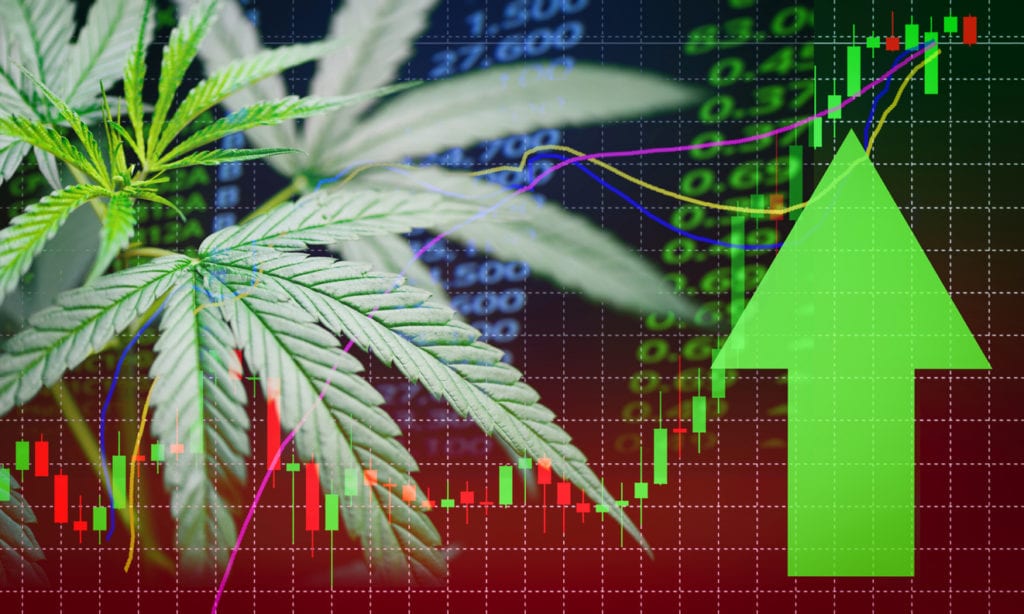FinCEN and the regulators kicked off the holiday season by providing the industry with some clarification on the BSA implications of banking hemp-related businesses.
In the News Release and Guidance, FinCEN said: “Because hemp is no longer a Schedule I controlled substance under the Controlled Substances Act, banks are not required to file a Suspicious Activity Report (SAR) on customers solely because they are engaged in the growth or cultivation of hemp in accordance with applicable laws and regulations. For hemp-related customers, banks are expected to follow standard SAR procedures, and file a SAR if indicia of suspicious activity warrants.”
Quite simply, you do not need to immediately file a SAR due to the nature of the customer’s business; however, if this customer has activity that appears suspicious or unusual, the institution should follow its investigative process to determine if a SAR filing is warranted.
The guidance continues to emphasize that “banks must have a BSA/AML compliance program commensurate with the level of complexity and risks involved” and highlight that if a bank chooses to bank hemp-related businesses, controls for customer identification program, customer due diligence, suspicious activity report, and other reporting and recordkeeping requirements need to be assessed to ensure commensurate with potential customer risk.
TCA previously published a September 26, 2019 Special Release article and September 27, 2019 Special Release article relating to banking cannabis related industries.
Contact TCA’s BSA Action Team for questions or to have TCA conduct your BSA Independent Audit.






